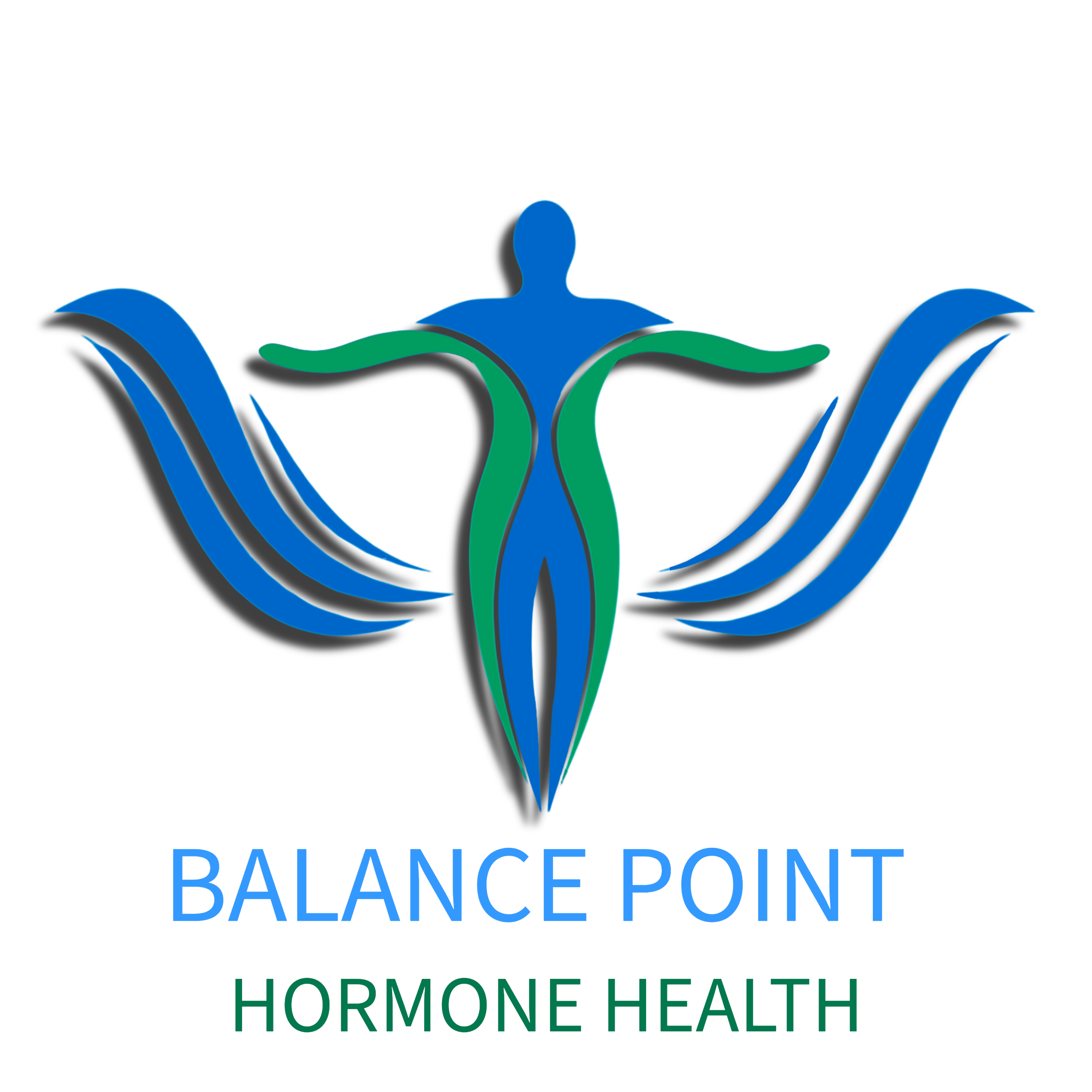
Traumatic Brain Injury &
Testosterone Deficiency
Evidence shows Traumatic Brain Injury (TBI), including repetitive impacts or blast exposure, is a major, yet often undiagnosed, cause of hormone disruption in men and women.
The Scientific Link: HPG Axis Dysregulation
The Hypothalamic Pituitary Gonadal (HPG) Axis controls hormone production. Damage to the pituitary gland from TBI interrupts the signals, leading directly to a drop in Testosterone and Estrogen.
The Pituitary Gland
The pituitary sits beneath the brain and is vulnerable to mechanical impact and blast waves. Disruption prevents proper LH/FSH signaling to the testes or ovaries.
Post Traumatic Hypogonadism
This hormone drop after TBI often mimics depression or PTSD, leading to misdiagnosis and the continuation of untreated hormonal dysfunction.
Special Focus: Blast Exposure
Understanding "Breacher Syndrome"
Also known as Operator Syndrome, this condition affects tactical athletes exposed to recurrent low level blasts (breaching, heavy weapons fire, ranges).
The Invisible Injury
Unlike a single massive concussion, Breacher Syndrome is the result of accumulative micro trauma. Shockwaves traverse the skull at supersonic speeds, causing micro tears in neural tissue and inflammation in the brain interface.
The Hormonal Toll
The pituitary gland hangs by a thin stalk (the infundibulum) which is highly susceptible to these shearing forces. Studies show operators with high blast exposure have significantly higher rates of pituitary dysfunction and dangerously low testosterone.
Other Groups at High Risk
Military & Law Enforcement
Beyond breachers, general service personnel facing chronic stress and physical trauma are at risk.
- Fatigue and Low Mood
- Symptoms frequently mistaken for PTSD or burnout.
- Cognitive Decline
- Memory and focus issues worsened by hormone deficiency.
Contact Sports Athletes
Athletes in football, boxing, and MMA with repeated sub concussive hits are prime candidates for HPG dysfunction.
- Muscle Loss and Frailty
- Inability to maintain strength despite training.
- Early Onset Issues
- Hormonal symptoms can begin years after playing stops.
The Hormone Solution
Testosterone Replacement Therapy (TRT) is a critical tool for neurorecovery. Restoring hormone levels can reverse many cognitive and physiological impairments.
Benefits of TRT Post-TBI
- Improved Mood & Stability
- Reduced anxiety, irritability, and depressive symptoms.
- Restored Energy
- Combats chronic fatigue and increases vitality.
- Enhanced Cognition
- Supports focus, memory, and decision making skills.
- Neuroprotection
- Testosterone is neuroprotective and reduces brain inflammation.
Risks of Untreated Deficiency
- Worsened Mental Health
- Low T exacerbates depression and suicide risk.
- Poorer Functional Recovery
- Predicts worse global outcome scores post injury.
- Increased Mortality Risk
- Linked to higher cardiovascular risk and all cause mortality.
Ready to Reclaim Your Edge?
TBI related hormone deficiency is treatable. Don't wait for your symptoms to worsen.
Book Your Consultation TodayMedical References
- Pituitary Dysfunction after Blast Traumatic Brain Injury (2014) | PMC
- Association of Concussion Symptoms With Testosterone Levels in Former Football Players (2019) | PMC
- Systematic Review of Testosterone Therapy in Men With Spinal Cord Injury or Traumatic Brain Injury (2023) | PubMed
- Operator Syndrome: A Unique Constellation of Medical and Behavioral Health-care Needs of Special Operation Forces (2019) | PMC
- Testosterone Administration after Traumatic Brain Injury Reduces Mitochondrial Dysfunction (2019) | PMC
Disclaimer: This information is for educational purposes only and does not constitute medical advice. Consult with a qualified healthcare professional.
